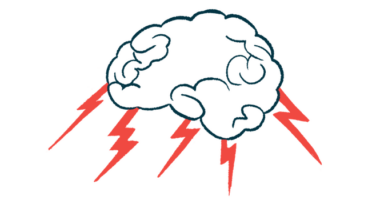Living With Rett Syndrome
Aids and Adaptations
Mobility, communication, and home adaptations can help patients with Rett syndrome overcome their disabilities and carry out daily activities as independently as possible. Simple adjustments in the house, such as grab bars, safety rails, and bathing chairs, can help to improve a patient’s quality of life. Orthotics may help with mobility issues, and augmentative and alternative communication methods and aids can help patients better communicate.
Diet
Gastrointestinal problems in Rett’s patients can influence their eating habits and lead to inadequate nutrition. It is therefore vital that a proper diet plan is followed, in consultation with dieticians, to promote healthy weight gain and maintain a proper body mass index, or BMI. Adequate amounts of calcium, vitamin D, fibers and fluids must be included to support bone health and regulate bowel movements. The proper feeding method must also be evaluated.
Education
Identifying the right school that can accommodate a child with Rett syndrome is crucial. It is essential to find a learning structure that is best suited to helping the child learn. Factors that trigger anxiety and put stress on the child’s motor skills, mobility status, and learning capabilities must be considered in making the decision. Most schools adapt their classrooms and teaching styles to accommodate children with neurological disorders such as Rett syndrome.
Exercise
Rett syndrome is a progressive condition, meaning its symptoms worsen over time. Building muscle strength through exercise can help maintain existing motor skills and slow deterioration. Exercise should always be performed in consultation with physiotherapists. A trained specialist can help design an exercise program for patients in different stages of Rett syndrome. Physical activity can help to improve cognitive function and work toward greater independence.
Sleep
Sleep issues are common in children with Rett syndrome, observed in about 80% of patients, and are one of the leading problems in addition to behavioral, physical, and developmental issues and motor and language skills. The prevalence of sleep problems usually decreases with age. Patients with Rett may experience a variety of sleep issues, including insomnia, issues, delayed sleep onset, problems staying asleep, and early morning awakening, among others.






